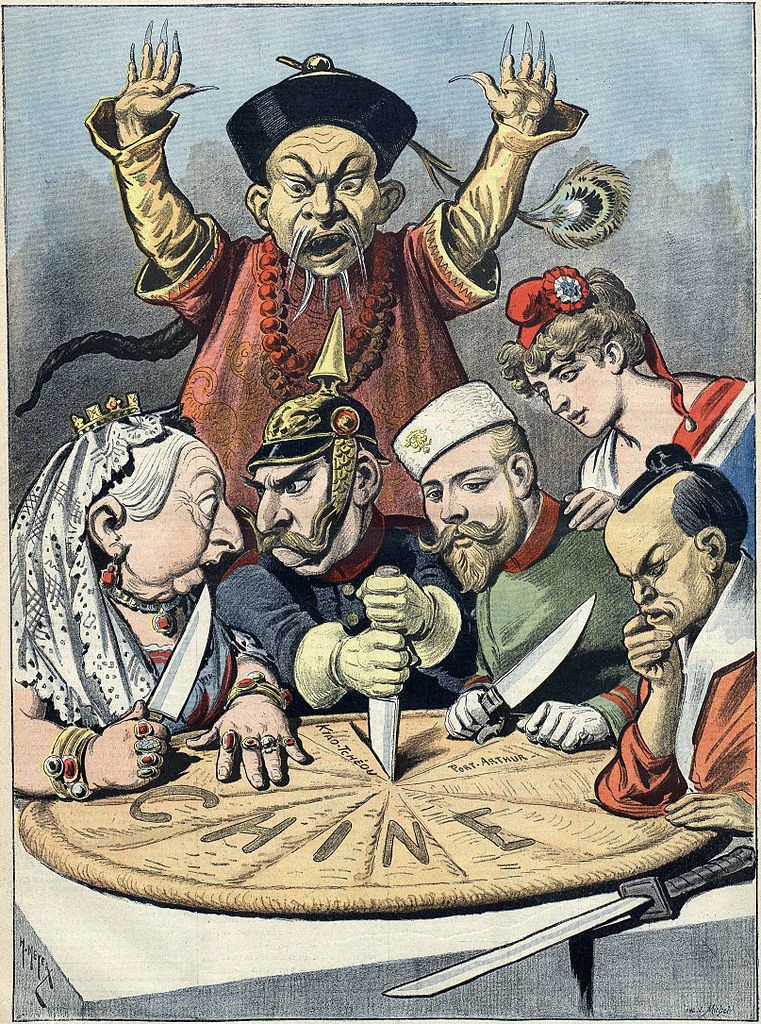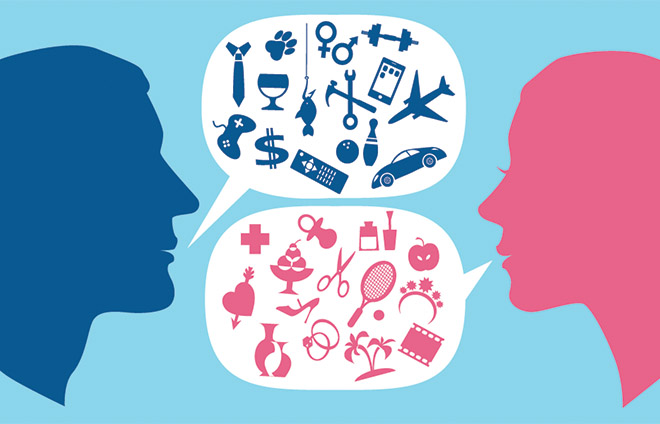How the Stereotypes of Nationality, Ethnicity, Race, and Gender May Affect Your Expat Experience
The scope of my expat experience is limited to Asia. However, an informal survey of random online expat forums – as a member and visitor – confirms my suspicions: It’s the same everywhere, and by “it”, I mean the conditional happiness of people trying to make the nut* in foreign countries.
*Make the nut = (Slang) Cover one’s expenses
Photo via Black Sunshine Media
There are exceptions to every rule. No two expat experiences are identical. However, all expats are created equal; some are just better than others, and by better, I mean ‘preferred’ over others. And by preferred, I mean everything from literally preferred to essentially tolerated like a feral cat population in a public park.
Now, I’m not talking about the Executive Level Expat who comes to town with a cushy landing package, living in the penthouse suite, with a personal driver and a wardrobe full of expensive suits. I’m talking about the average person rolling up on a foreign country with the intention of maybe staying for a while.
Generally speaking, most countries welcome foreign visitors from other countries. Many countries encourage foreign workers to apply for residency. In all cases, there are preferences at every level of the process, beginning with your passport. In some countries, some passports are, well, easier, than others. There, I said it.
Understanding Stereotypes
There are many reasons for the preferences of a society, but the nature and relative prevalence (or absence) of stereotypes makes crystal clear what is often obscured. Reputation and stereotype are similar but not alike. In a manner of speaking, reputations are earned by your previous and present behavior, while stereotypes precede your existence or presence in the here and now. You can manage your reputation. Stereotypes are free radicals – the cockroaches of conscious thought. They were here long before us, and they’ll be here long after we’re gone.

Photo via Black Sunshine Media
According to The Handbook of Social Psychology, stereotypes, prejudice, and discrimination are understood as related but different concepts. Stereotypes are regarded as the most cognitive component and sometimes people are unaware of having them; whereas prejudice is the active component of stereotyping and discrimination is one of the behavioral components of prejudicial reactions.
Most importantly, the parameters of any given stereotype will be determined by the culture of your new place of residence, wherever it may be.
—
Let’s skip the individual stereotypes and focus on six things you need to know about them:
1. Your stereotype has very little to do with you personally, and there’s nothing you can do to change it (in society at large)
2. Your stereotype is not your fault, but you are a product of the forces that caused it, regardless if you display any of its characteristics
3. There is no rule or law that says you must live up to the characteristics and behaviors of your stereotype
4. It’s entirely possible to take advantage of your stereotype; however, sometimes this may entail living up to it
5. Not everybody believes in stereotypes until something bad happens
6. In places where many different stereotypes congregate, expect some conflict between different stereotypes
Understanding your stereotype and its place in society is crucial; but your expat experience, on a most superlative level, may likely boil down to this train of questioning:
– What do they think about me?
– Do they like my stereotype there?
– Are we respected?
– Do they even have any of ‘me-like’ people there?
– Considering Nationality, Ethnicity, Race, and Gender
The nationality aspect of stereotype is currently in flux. When I first came to Taiwan, my native accent was the preferred accent/dialect in teaching and writing, and I couldn’t go a day without somebody saying, “Obama!”
For the most part, I was golden – among the local people, which is an important point. My hosts were happy to have me, regardless of my stereotype.
However, among other stereotypes – expats from other countries – there was and usually is a certain amount of wary disinterest in newcomers. Given the ephemeral landscape of the expat lifestyle, that’s understandable, and I’m guilty of the same behavior. The happiest of scenarios occur when someone says, “Wow, you don’t seem like a typical American.” Over time, I got really good at judging whether I’d wind up being friends with people by how they responded to the disclosure of my nationality.
Ethnicity – otherwise known as “skin tone” – can make or break your experience. In Asia, cosmetic skin-whitening is not just a “thing”, it’s a major player in the beauty industry. Here, all other colors are welcome, but let me give you a practical example of preference. If my company were hiring and they had to choose between two equally qualified, but different skin-toned stereotypes, guess who they’d hire?
Meanwhile, your race is assimilated with your ethnicity. Much in the same way some Americans assume anybody who is not black but has brown skin is “Latino”, it seems that most people in Asia see a white dude and think, “American.” And that really pisses off the other white stereotypes.
Gender involves the widest discrepancy of potential scenarios, and if I were a woman from any extant stereotype, I wouldn’t think about living in a foreign country without a thorough understanding of its culture and attitude toward women. Pile on to that: marriage, childbirth, and divorce.

Photo via Black Sunshine Media
How All of This May Affect You Personally: A Homework Assignment
No one should be so foolish to believe that stereotypes are false, or that xenophobia, racism, and sexism don’t exist around the world. They aren’t and they do. How you respond will ultimately determine your length of stay in that particular country.
Think about where you are right now – at home or work, I suppose. You’re in your comfort zone. Now, imagine how you might react if a family from a foreign country moved in next door. They barely speak your language and when they cook, the whole neighborhood smells like an exotic but delicious spice market. Would you go over to their house, knock on the door, and say, “Hey, can I get a plate of what you got cookin’”? Or would you react in a less positive manner?

Photo via Black Sunshine Media
In closing, your stereotype has no true bearing on your life’s trajectory. I firmly believe you can do whatever the hell you set your mind to. But it’s unwise to undertake any risky endeavor without considering as many of the contingencies as possible. Moving to a foreign country can be a long, uphill struggle and there are myriad unforeseen dangers from above and below.
If you are considering the expat experience, I’d like to invite you to participate in the following exercise. Consider and answer the following questions:
1. Who are you (Sex, Age, Occupation/Study), and where are you from?
2. Where do you want to go?
3a. What, if applicable, are some of the common stereotypes about you in that country?
3b. What, if applicable, are some of the common stereotypes you may have about people in your destination country?
4. If you answered: “There are no stereotypes about me” to Question 3a, please provide at least one source to support your claim.
5. How do [the people in your destination] feel about people like you coming to their country to live and work?
Interested participants may email their answers (or further questions and comments) to me at: [email protected] All replies will receive a response. And for all those who enjoyed this article, give it a like on social media, a share, or even leave a comment. We want to hear from you, readers.



